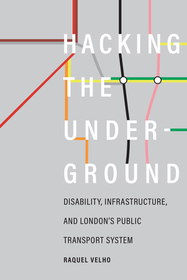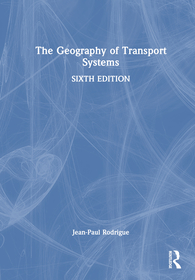
Hacking the Underground
Disability, Infrastructure, and London's Public Transport System
Sorozatcím: Feminist TechnosciencesFeminist TechnosciencesFeminist TechnosciencesFeminist TechnosciencesFeminist TechnosciencesHacking the Underground;
-
20% KEDVEZMÉNY?
- A kedvezmény csak az 'Értesítés a kedvenc témákról' hírlevelünk címzettjeinek rendeléseire érvényes.
- Kiadói listaár GBP 22.99
-
10 983 Ft (10 460 Ft + 5% áfa)
Az ár azért becsült, mert a rendelés pillanatában nem lehet pontosan tudni, hogy a beérkezéskor milyen lesz a forint árfolyama az adott termék eredeti devizájához képest. Ha a forint romlana, kissé többet, ha javulna, kissé kevesebbet kell majd fizetnie.
- Kedvezmény(ek) 20% (cc. 2 197 Ft off)
- Kedvezményes ár 8 786 Ft (8 368 Ft + 5% áfa)
Iratkozzon fel most és részesüljön kedvezőbb árainkból!
Feliratkozom
10 983 Ft

Beszerezhetőség
Megrendelésre a kiadó utánnyomja a könyvet. Rendelhető, de a szokásosnál kicsit lassabban érkezik meg.
Why don't you give exact delivery time?
A beszerzés időigényét az eddigi tapasztalatokra alapozva adjuk meg. Azért becsült, mert a terméket külföldről hozzuk be, így a kiadó kiszolgálásának pillanatnyi gyorsaságától is függ. A megadottnál gyorsabb és lassabb szállítás is elképzelhető, de mindent megteszünk, hogy Ön a lehető leghamarabb jusson hozzá a termékhez.
A termék adatai:
- Kiadó University of Washington Press
- Megjelenés dátuma 2023. november 21.
- ISBN 9780295751948
- Kötéstípus Puhakötés
- Terjedelem202 oldal
- Méret 229x152 mm
- Súly 295 g
- Nyelv angol
- Illusztrációk 2 b&w illus. 514
Kategóriák
Hosszú leírás:
"
Reveals how knowledge from the margins shapes infrastructures
""Minding the gap"" while using a wheelchair on the London Underground goes beyond a sharp eye and careful foot placement to avoid a fall: it can entail carrying and deploying a portable ramp to embark and disembark or carefully mapping out a custom route ahead of time. The extensive infrastructure of London's public transportation system requires constant improvisation from users who move through the system differently than nondisabled people do. Centering the voices of disabled passengers, Hacking the Underground highlights how marginalized groups subvert and ultimately transform infrastructures, actively shaping them.
Raquel Velho draws on emancipatory action research in London, capturing the hegemonic character of infrastructures without losing the experiences and actions of marginalized users. Proposing a crip feminist and profoundly relational approach to infrastructure, Velho illustrates how the built environment holds the potential for both inclusionary and exclusionary world-building.





